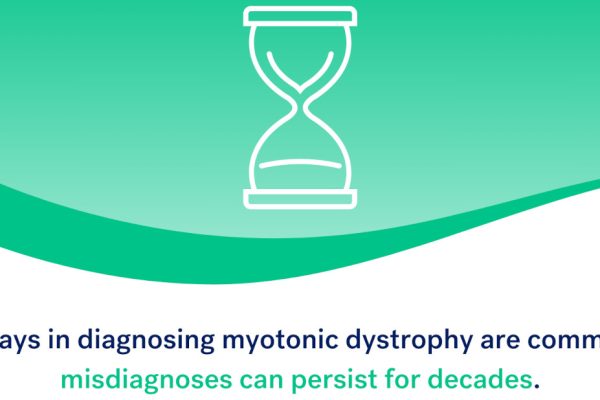
5 ways to share information about your child with their classmates and teachers
This may not be something everyone wants to do but if your child is in mainstream school you may be looking for some strategies to communicate information about them to their peers and teachers.
Other children may be curious about your child – perhaps they way they communicate or why they may do some things differently to others in the class, while teachers may be grateful for some further tools to add to their repertoire.
If you do wish to share whatever you feel is appropriate here are some simple ways you could approach the task:
Read a story about children with similar disabilities
This can be a good idea, as it shifts the focus away from your child while still providing valuable information. Ask around or contact some of your favourite support groups or special needs organisations for story suggestions or write one yourself! Hearing a story can be a great way for young people to absorb information about a particular topic. Although it may seem daunting, these conversations can be so useful to assist your child’s education journey. You are their best advocate and any information you can provide to help classmates, teachers and other parents will help your child on their way.
Create a little presentation
Ask your child’s teacher if you may be able to come in to give a short presentation to the class, or just to staff, about your child’s additional needs. Focus on their skills as well as things they find challenging, so teachers can see best how to play to their strengths. If you’d rather not speak in person, you could pop the same information into a PowerPoint or Google Slides presentation to be shared around.
Make a leaflet or booklet
A leaflet or booklet with information could be useful, especially if you’d like to distribute multiple copies. Make sure you include plenty of strategies for classmates and teachers to use when working alongside your child. Dot point information is easier to digest and come back to than big blocks.
Have a Q & A session
If you’re comfortable to do it, a question and answer session can be a great idea because it gives people the opportunity to ask their own pressing questions. You could prepare an introduction or some questions to get the conversation started, before opening it up to others. A teacher could assist you, by working with the other students to craft some questions before your visit. You could also do a session with a team of staff at an after-school meeting to broaden their knowledge of working with special needs children.
Work with the teacher
Work with the classroom teacher to develop resources and strategies that work best for your child. They will have likes and dislikes, or particular topics of interest that their teacher can incorporate into lessons or ongoing projects. Remember that, although the teacher is an educational expert, you are the parent and you can provide additional valuable information that will help them do their job well.






